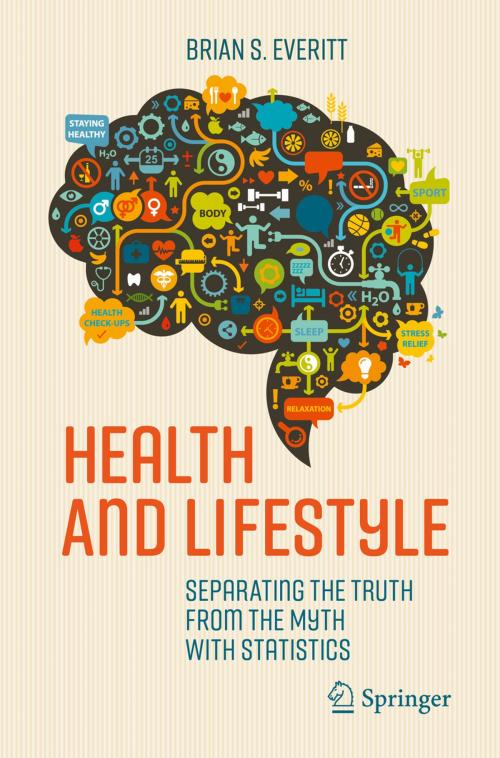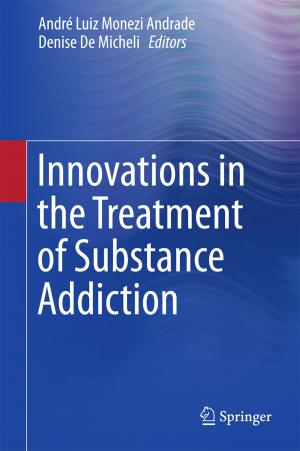Health and Lifestyle
Separating the Truth from the Myth with Statistics
Nonfiction, Health & Well Being, Medical, Reference, Biostatistics, Science & Nature, Mathematics| Author: | Brian S. Everitt | ISBN: | 9783319425658 |
| Publisher: | Springer International Publishing | Publication: | October 19, 2016 |
| Imprint: | Copernicus | Language: | English |
| Author: | Brian S. Everitt |
| ISBN: | 9783319425658 |
| Publisher: | Springer International Publishing |
| Publication: | October 19, 2016 |
| Imprint: | Copernicus |
| Language: | English |
The main message of this book is that people should be on their guard against both scare stories about risks to health, and claims for miracle cures of medical conditions. In the 21st century hardly a day passes without another article appearing in the media about a new treatment for a particular disease, new ways of improving our health by changing our lifestyle or new foodstuffs that claim to increase (or decrease) the risk of heart disease, cancer and the like. But how should the general public react to such claims, given that some of the journalists writing them focus on the sensational rather than the mundane and often have no qualms about sacrificing accuracy and honesty for the sake of a good story? Perhaps the wisest initial response is one of healthy scepticism, followed by an attempt to discover more about the details of the studies behind the reports. But most people are not, and have little desire to become experts in health research. By reading this book, however, these non-experts can, with minimal effort, learn enough about the scientific method to differentiate between those health claims, warnings and lifestyle recommendations that have some merit and those that are unproven or simply dishonest. So if you want to know if ginseng can really help with your erectile dysfunction, if breast cancer screening is all that politicians claim it to be, if ECT for depression is really a horror treatment and should be banned, if using a mobile phone can lead to brain tumours and how to properly evaluate the evidence from health and lifestyle related studies, then this is the book for you.
The main message of this book is that people should be on their guard against both scare stories about risks to health, and claims for miracle cures of medical conditions. In the 21st century hardly a day passes without another article appearing in the media about a new treatment for a particular disease, new ways of improving our health by changing our lifestyle or new foodstuffs that claim to increase (or decrease) the risk of heart disease, cancer and the like. But how should the general public react to such claims, given that some of the journalists writing them focus on the sensational rather than the mundane and often have no qualms about sacrificing accuracy and honesty for the sake of a good story? Perhaps the wisest initial response is one of healthy scepticism, followed by an attempt to discover more about the details of the studies behind the reports. But most people are not, and have little desire to become experts in health research. By reading this book, however, these non-experts can, with minimal effort, learn enough about the scientific method to differentiate between those health claims, warnings and lifestyle recommendations that have some merit and those that are unproven or simply dishonest. So if you want to know if ginseng can really help with your erectile dysfunction, if breast cancer screening is all that politicians claim it to be, if ECT for depression is really a horror treatment and should be banned, if using a mobile phone can lead to brain tumours and how to properly evaluate the evidence from health and lifestyle related studies, then this is the book for you.















